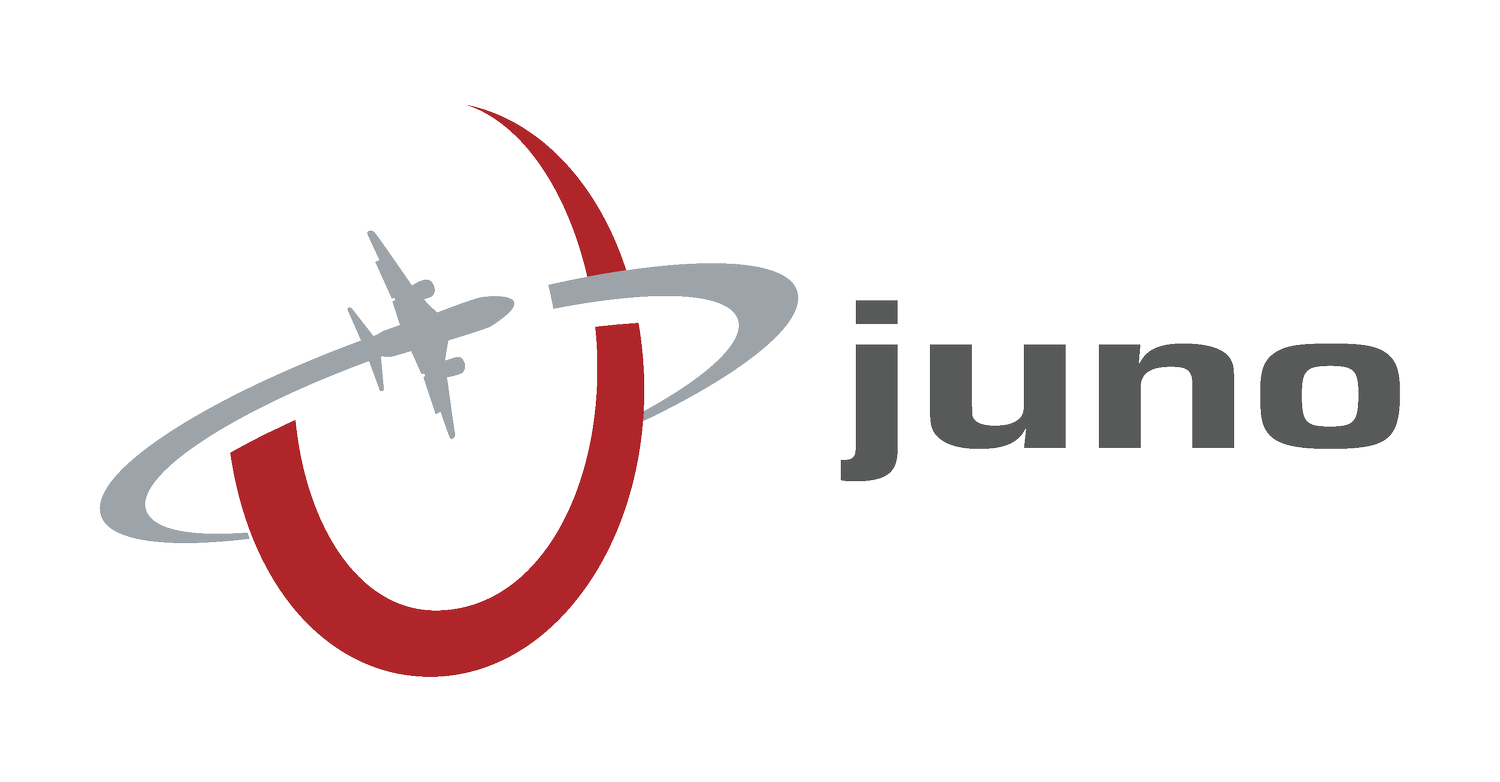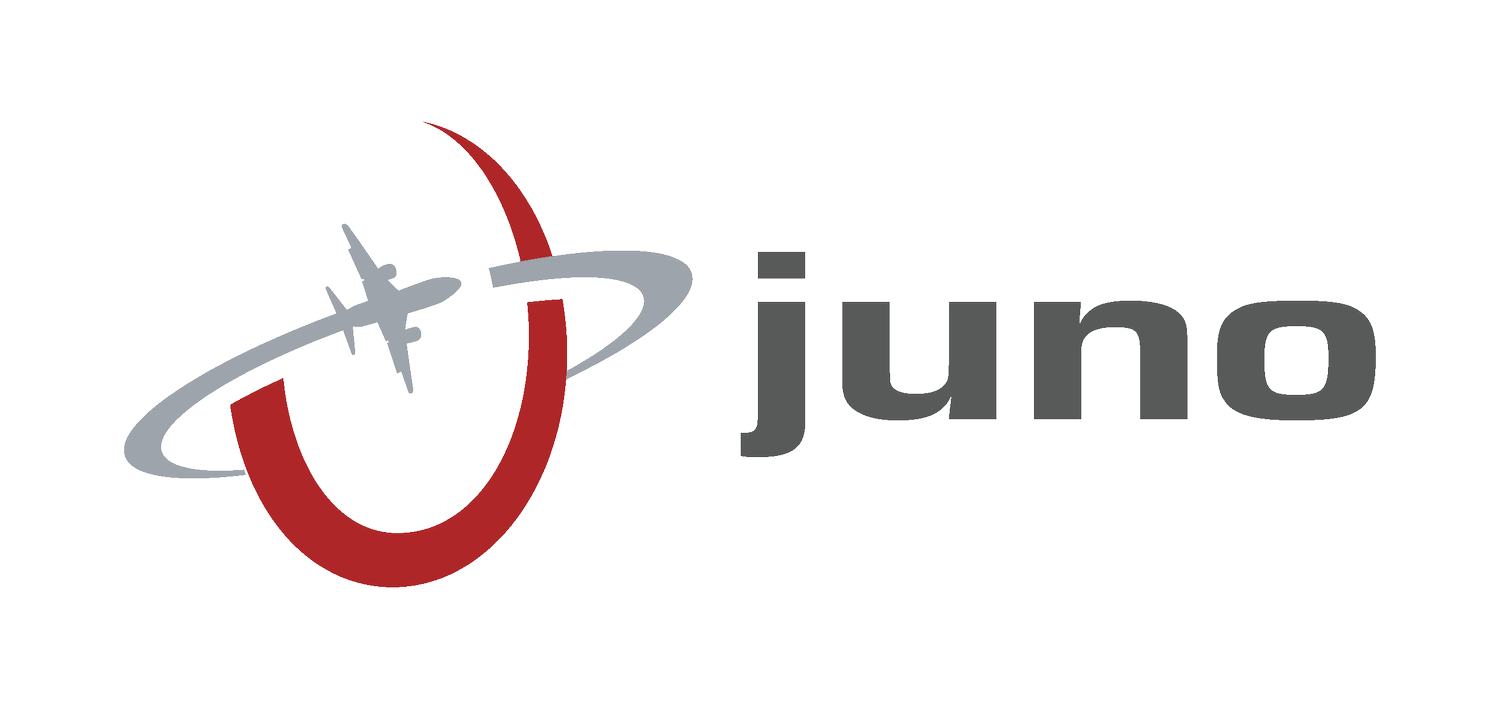Navigating CARM: What Canadian Resident and Non-Resident Importers Need to Know About Its Final Phase
UPDATE 4/26/2024:
The Canada Border Services Agency (CBSA) has postponed the external launch of the CBSA Assessment and Revenue Management (CARM) system to October 2024 due to labor uncertainties. This delay affects Trade Chain Partners (TCPs) who were expecting the system to start on May 13, 2024. The CBSA will maintain current processes for accounting and payments until the new launch date. The rescheduling also led to the cancellation of several customs notices related to the transition. TCPs can continue to prepare by using the CARM Client Portal and existing systems.
More information available here: CBSA-asfc.gc.ca.
The Canada Border Services Agency (CBSA) is implementing the final phase of a modernized initiative called The CBSA Assessment and Revenue Management (CARM). CARM replaces the current B3 technology, automates the accounting process, and strives to achieve a paperless environment. This change brings a paradigm shift, requiring importers to execute oversight to responsibly manage their revenue obligations with CBSA. As this regulation moves towards full implementation, both resident and non-resident importers need to understand the changes and take the necessary steps to adapt.
Understanding CARM: The New Paradigm in Canadian Customs Payments
CARM is a game-changing project that aims to simplify the collection of duty and GST (Goods and Services Tax) on goods imported into Canada. Under the CARM program, CBSA will calculate and finalize what the importer of record owes and require all importers to settle the duty and GST directly with Canada Customs.
Historically, Canadian Customs brokers could make payments on behalf of importers with minimal intervention required. Importers will be required to register through the CARM Client Portal (CCP) and establish their account.
CARM is designed to allow an importer registered on the CCP to delegate access to its portal account internally to colleagues and externally to their acting Customs broker to help manage their importation and CCP activities. Delegation of authority to the Customs broker is necessary if the importer wishes the broker to continue to conduct “Customs broker” business as usual. For example, importers will delegate authority if you wish the broker to file ruling requests and submit corrections or adjustments.
It is also possible to delegate authority to your Customs broker with a level of access where the broker can act as the importer’s proxy (Business Account Manager (BAM) or Program Account Manager (PAM)) in the event the importer wishes the broker to perform operational activities such as view duty and tax accruals on importations, view statements of account, or even make payments to CBSA through the importer’s CCP account.
Of much greater importance is the implementation of CARM Release 2 (CARM R2) in May 2024, originally scheduled for January 2023. If, following this release, the importer neglects to delegate authority to their Customs broker via the CCP, the broker will be unable to transmit Commercial Accounting Declarations (CAD) to CBSA on behalf of the importer. While the broker retains the capability to process and transmit release requests, lacking the CCP-delegated authority from the importer prevents the Customs broker from finalizing or accounting for Customs entries.
Upon the enforcement of CARM R2, in addition to possessing a valid power of attorney or agency agreement from the importer, the Customs broker must receive a delegation of authority through the CCP to account for entries and transmit CADs to CBSA on behalf of the importer.
How CARM Affects Imports to Canada
The implications of CARM are particularly significant for non-resident importers who conduct business on a Delivered Duty Paid (DDP) basis.
Registration Requirements
Non-resident importers must register on the CCP for remittance of duty and GST, in addition to obtaining a Canadian Business Number.
Financial Security Requirements
Importers and non-registered importers will no longer be able to use their Customs broker’s bond to move cargo across the border.
All importers will need to post financial security in the form of a cash deposit or a Customs bond to enable the release of goods before payment under Release Prior to Payment (RPP) privilege. When booking LTL (less than truckload) cargo, importers should confirm that all cargo within the truckload has the required financial security in place to effectively facilitate the movement of their cargo.
Financial Institutions and Payment Methods
Importers are presently required to utilize Canadian or American bank accounts or credit cards, and all payments must be conducted in Canadian dollars.
CBSA is currently onboarding new US and international financial institutions. We are also evaluating the use of additional electronic payment methods. Non-resident importers (NRI) can consult with their financial institution to find out if they can make electronic payments to CBSA. Alternatively, NRI may continue to remit payments through their broker on their behalf in Canadian dollars. If none of these options are viable, the NRI can communicate with CBSA, and we will consider their needs on a case-by-case basis.
Strategies to Adapt (Minimize Administrative Burden in Customs Compliance)
Compliance Consultation
Engage with a professional Customs advisor to help guide you through the new rules and ensure full compliance.
Begin to Gather Data
To establish an account with CCP, you will need the B3 transaction numbers of your company’s five most recent import transactions with CBSA, including the total duties and taxes shown on Line 51 of the B3 (Canada Customs Coding Form). Also, you must provide the exact amount of your last payment received and accepted by CBSA. Lastly, you will need the balance of your most recent CBSA Statement of Account (SOA).
Early Registration
Register as soon as possible on the CCP to proactively adapt to new processes, minimizing disruptions in the supply chain.
Work With Your Financial Institutions Well In Advance
Financial institutions in Canada or abroad must establish direct clearing relationships with Canadian financial institutions and connect with the Receiver General for Canada's systems to transmit remittance data to CBSA.
Timely Approve Business Relationships
For a Customs broker or other service provider to be able to transact within the CCP on behalf of an importer, a business relationship must first be established. Then the service provider be able to assign its employees to the client’s accounts to carry out the activities agreed upon.
The CARM Client Portal (CCP)
The CCP serves as a vital tool designed to streamline interactions between importers, brokers, and CBSA. This portal is essential for handling accounting and revenue management tasks efficiently. In preparation for the transition to CARM as the official recordkeeping system for commercial importation, it is crucial for both Customs brokers and importers to register on the CCP in advance. It should be noted that the trade chain ecosystem involved in this transition is extensive, encompassing not just importers and brokers but also carriers, freight forwarders, operators of Customs bonded and sufferance warehouses, and duty-free shop operators.
For more information and to register, please visit the Canadian Border Services Agency.
The full implementation of CARM marks a new era in the Canadian Customs landscape. While the system aims to simplify and modernize Customs procedures, it requires importers to adapt quickly.
Ready to Navigate the New CARM Landscape?
Do not wait to adapt to these pivotal changes in Canadian Customs procedures. Register on the CCP today and safeguard your importing privileges.
Click Here to Register on the CARM Client Portal
Need help navigating the complexities of CARM? Contact Juno Customs Solutions for expert guidance and customized solutions tailored to your business needs. Juno and our partners are dedicated to providing ongoing support and resources to ensure a smooth transition for your organization.
Contact Juno Customs Solutions today for personalized assistance!

